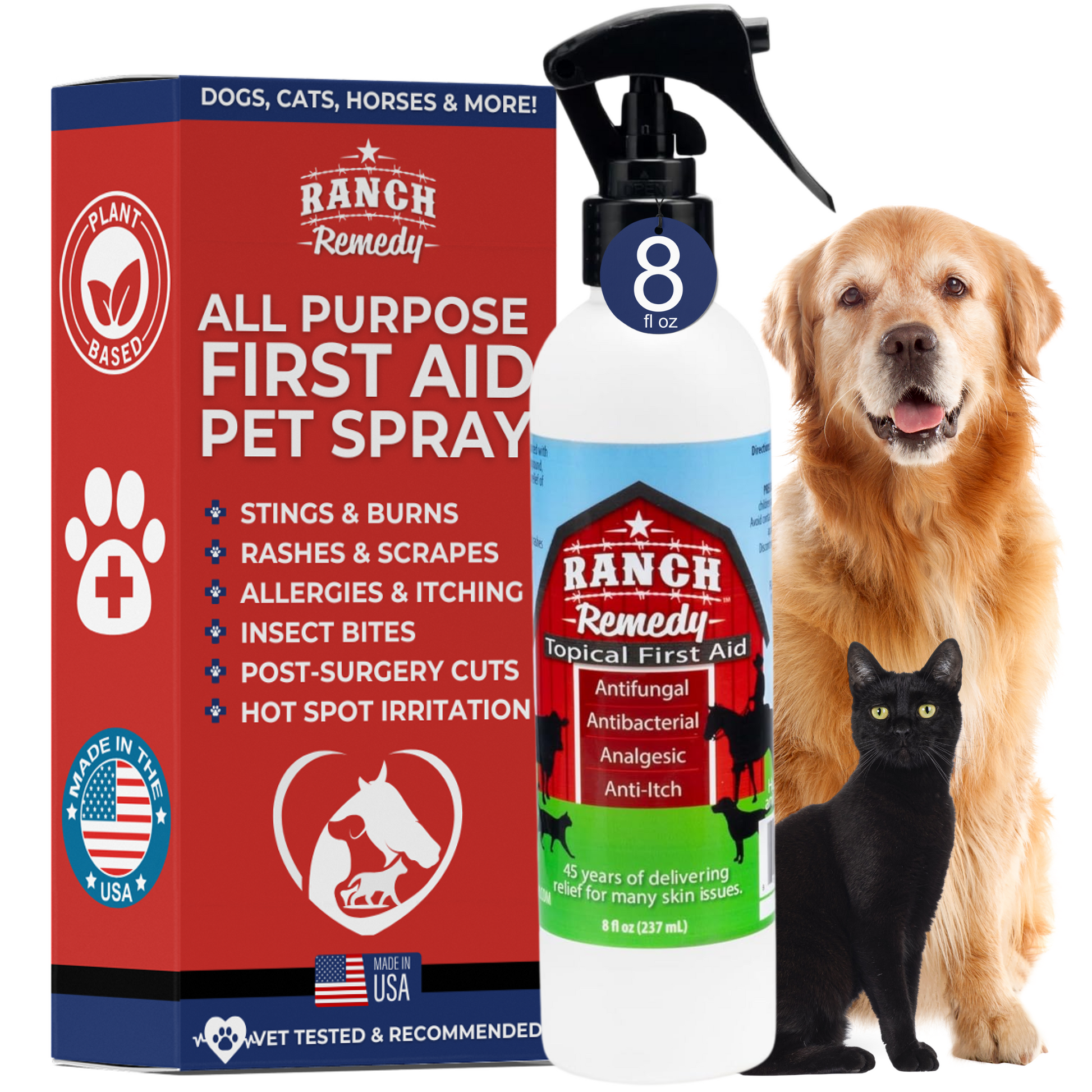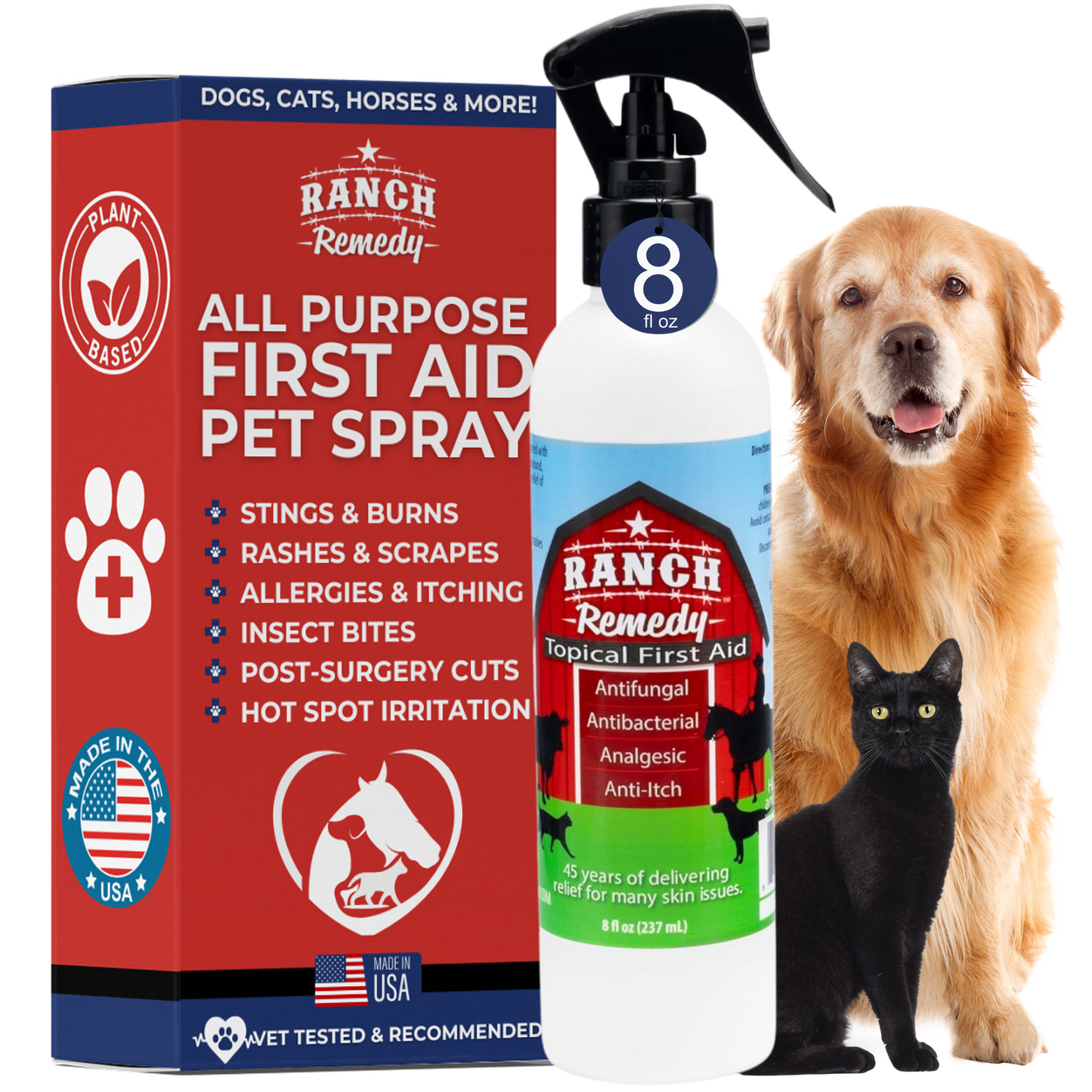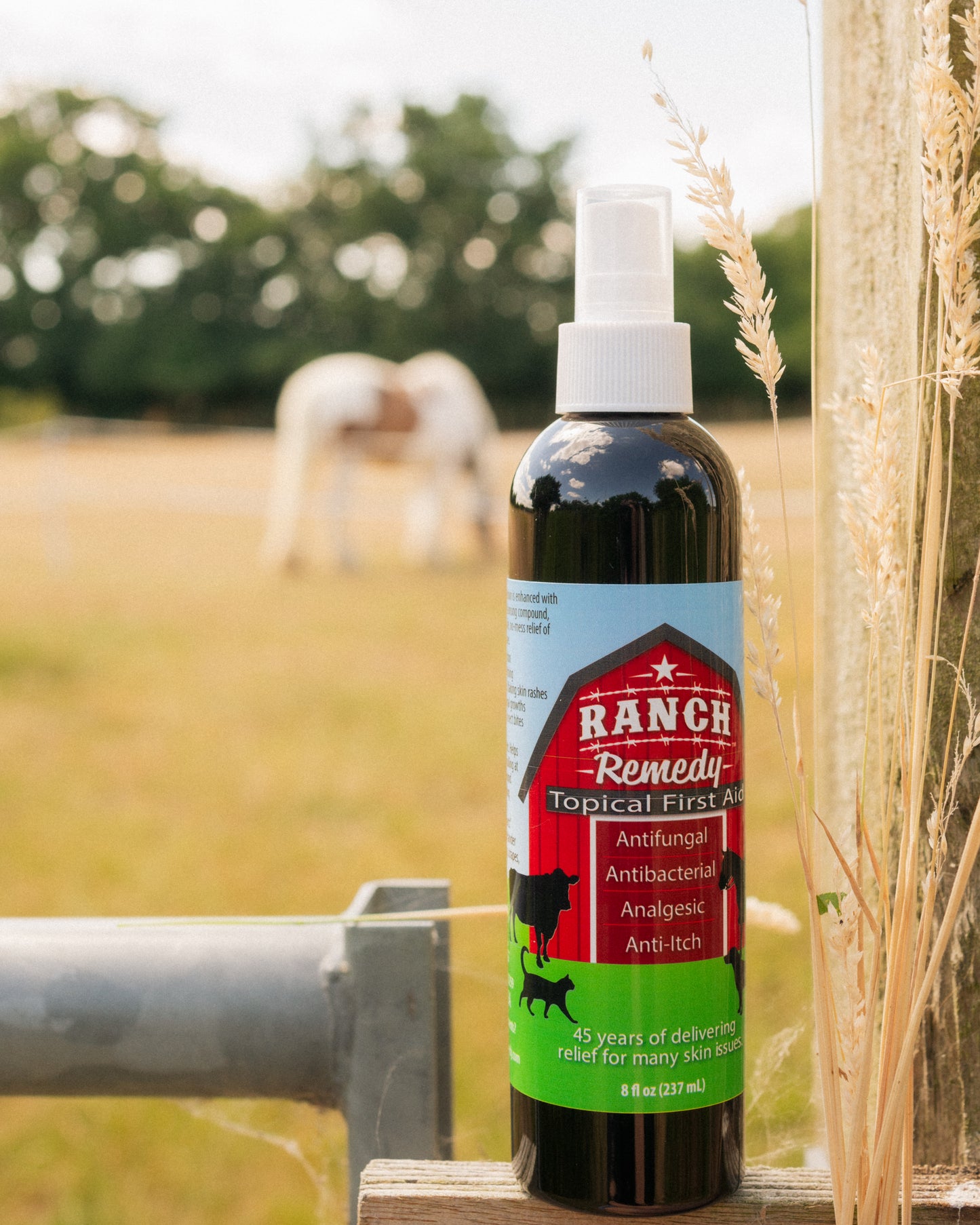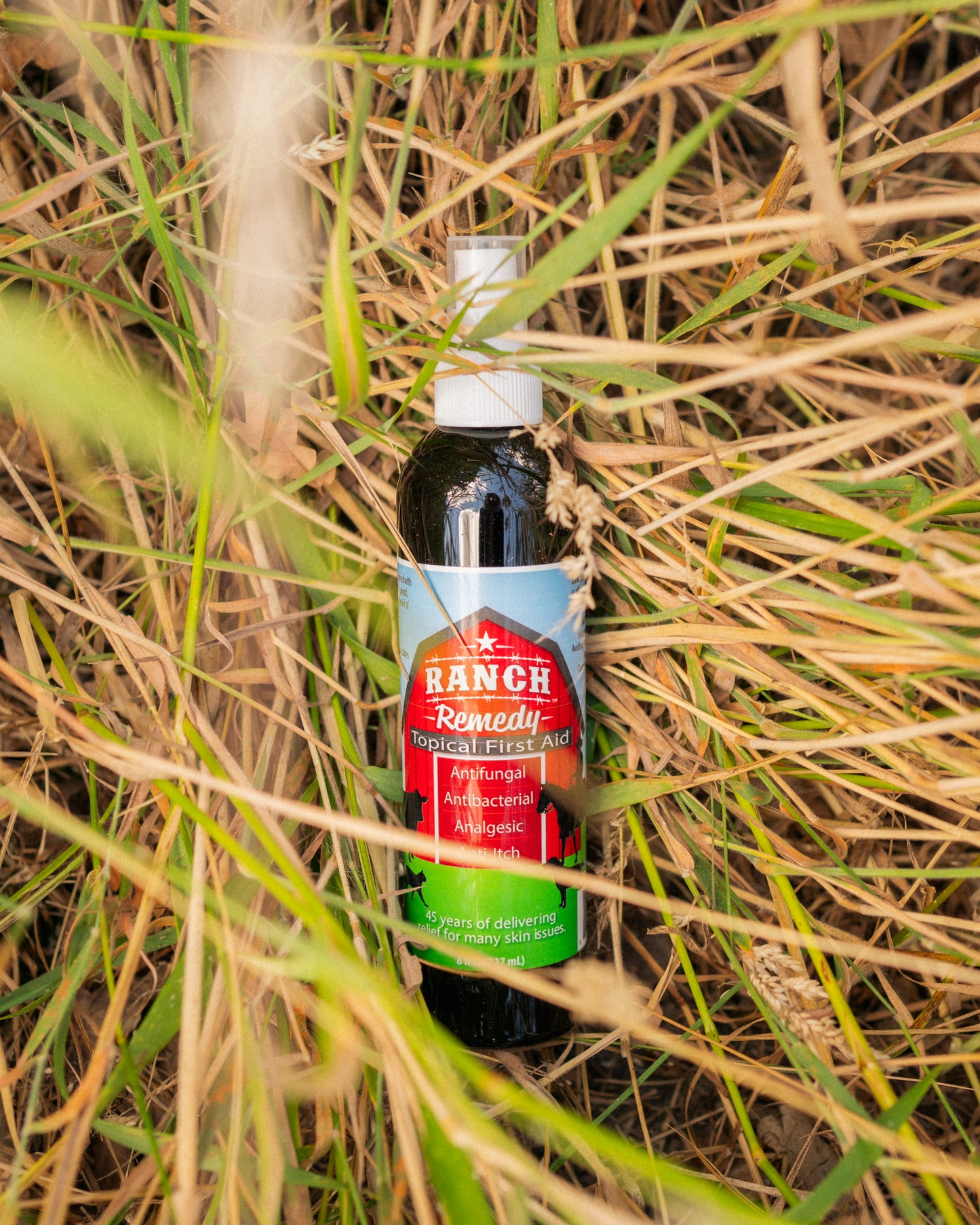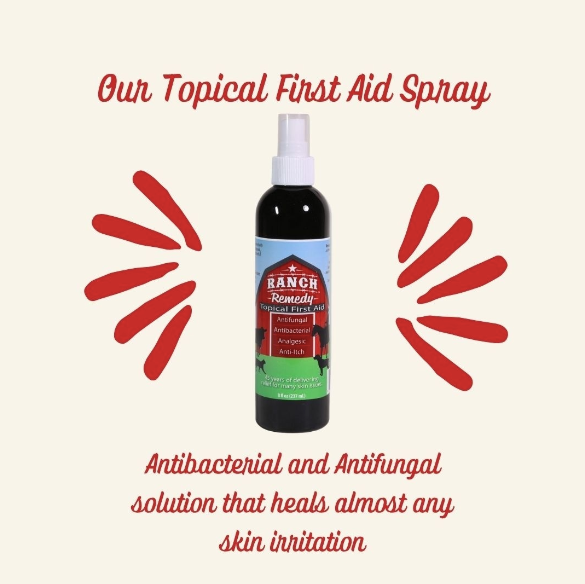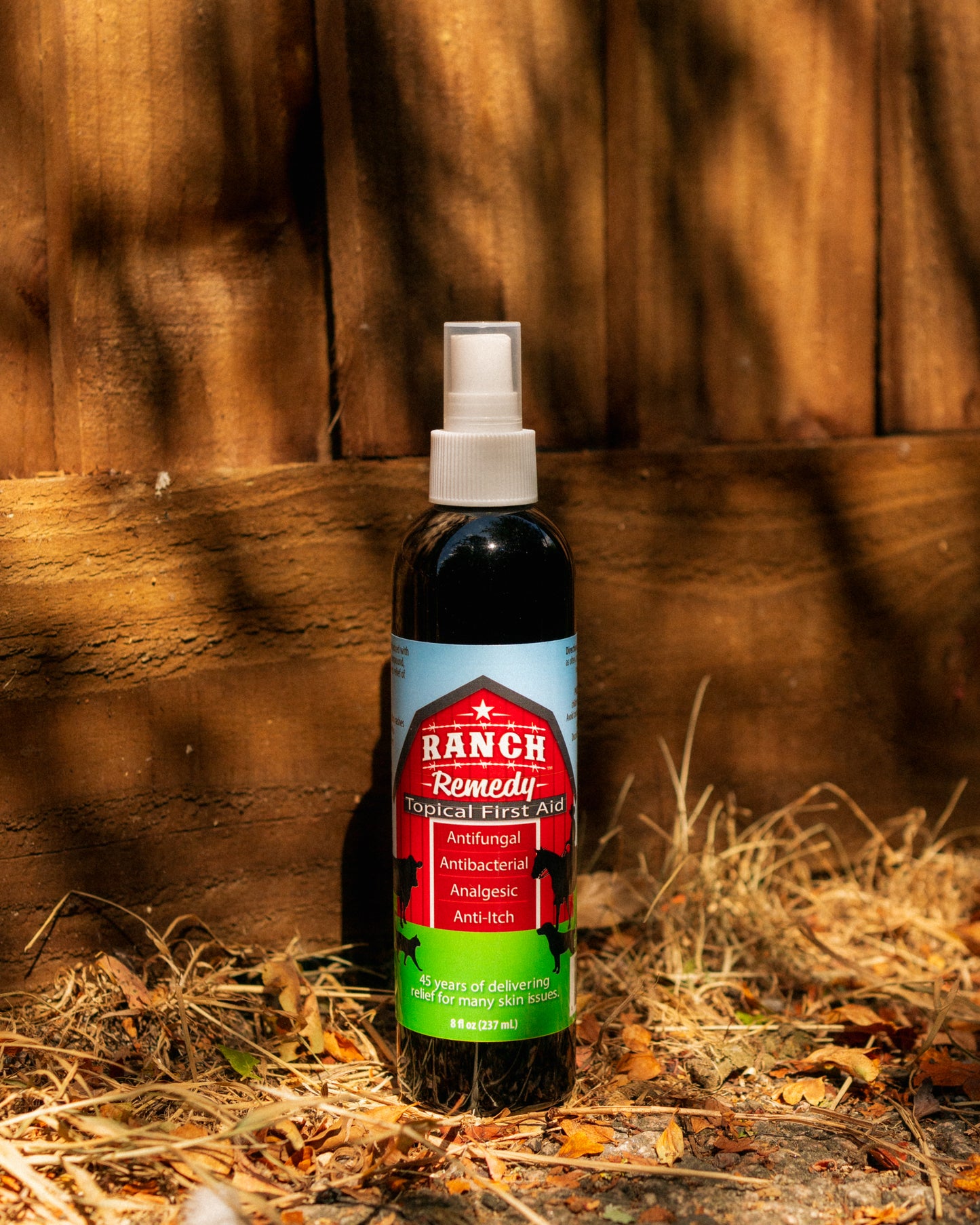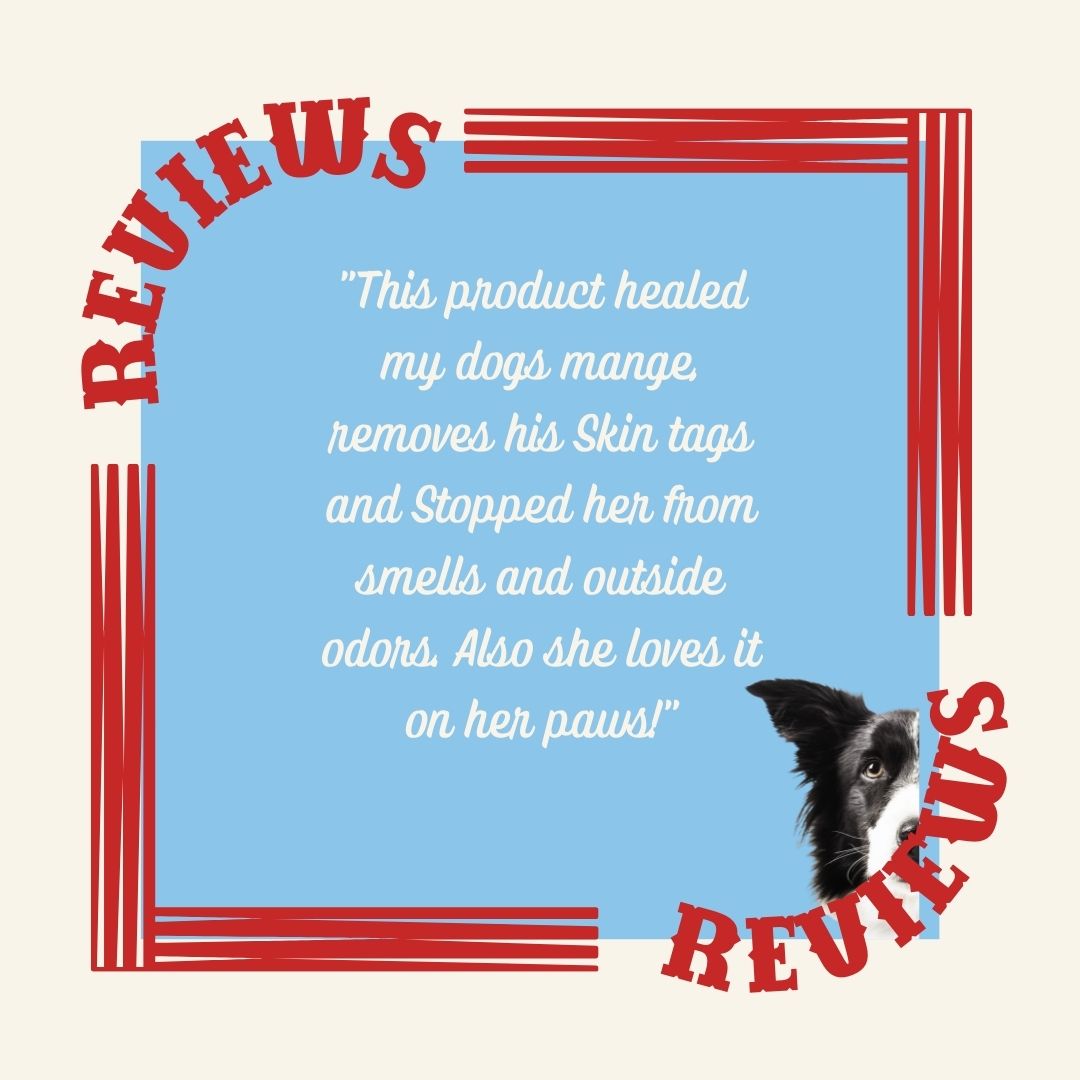Winter is coming.
And for some of us, winter is already here. Winter means colder weather, dryer air, and, for those of us with snow, the use of chemicals or salt on sidewalks and roads.
All of these have a direct impact not only on our skin, but on the skin of our pets as well. Here are some common winter skin ailments our pets may be facing this season:
1. Dry and/or Flakey Skin
One of the most common pet skin problems in the winter is the same that many of us humans experience: dry and flake skin. We have our heating systems to thank for the exacerbation of dry skin for all of us.
While it may be easy for us to tell when our skin is dry, how will you know your pets' skin is dry?
Look for symptoms like:
- Excessive scratching
- Excessive licking
- Flaking skin
- Inflammation of the skin
What solution do you have as a pet parent? Think about swapping out any topical shampoos and conditioners for one with a bit more moisture is step one. And if you're bathing your pet, avoid using hot water.
If you notice a few dry patches, our Ranch Remedy is formulated to lock in moisture and can give that area of dry or flakey skin an extra boost.
Another pet parent hack is to add water to your pet's food to increase water intake and moisture. Encourage as much water intake as possible this time of year and supplement with that food hack and a humidifier if you have one.
2. Allergies
Just because your pet isn't outdoors as much as it may be during the spring or summer, that doesn't mean it isn't susceptible to allergies. Dogs who are sensitive to mold or dust mites are more likely to see allergy flare ups during the winter so keep an eye on your pet's skin.
If you notice your pet itching irritated skin, give your vet a call to rule out allergies. Allergies and normal dry skin look a lot the same, and it's best to know which it is in order to treat it correctly.
3. Irritated Paw Pads
This is most pertinent for those who have dogs and who get snow during the winter. Unfortunately the chemicals, salts, and products that keep our sidewalks and roads clear of ice and snow are rough on your dog's paws.
Things to look out for here are excessive licking of paws and the edges of your dog's paws being a shade of pink. When you notice these two symptoms of dog paw irritation, it's time to pull out the Ranch Remedy Topical First Aid to soothe and moisturize dry and cracked paw pads. Gently massage the product into the affected areas to keep your pup going strong in the snow!
-----------
While all of these ailments are treatable at home, it's never a bad idea to check in with your vet when you're concerned. And especially if your pet develops skin lesions, sores, hair loos, lethargy, lack of appetite, vomiting or diarhea.
